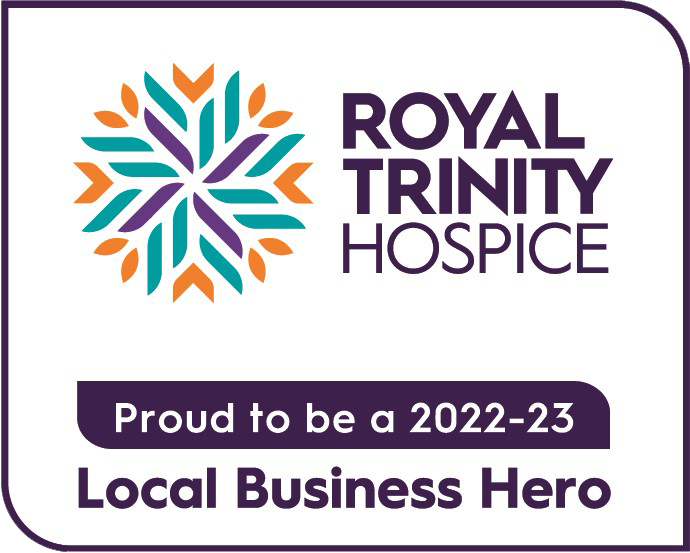Patients – ill or just ill-informed?
Working as a surgery receptionist is a bit like bartending: plenty of face-to-face interaction, a host of largely friendly regulars and a good deal of listening to people moan about their lives. This strained analogy ends however when we consider that while most people in a pub are happy to be there, nobody has ever expressed joy in a waiting room. Ever. As a student I spent two summers working as the sole receptionist of a small GP surgery. Mopey waiting rooms aside, it was generally a pleasant experience. While my time there doesn’t make me a general practice expert, I like to think it gives me an insight afforded by few in health comms. In this post I will discuss the difficulties surrounding appointment availability and the general practice workload crisis.
One of the main problems patients had with our surgery was the time they had to wait to get an appointment with their doctor. Patients trying to book appointments were regularly lumped with two to three week waiting times. Understandably this was a major source of frustration. A common misconception was that these waits were due to a lack of appointment slots, or by doctors being ‘lazy’. I distinctly remember informing one (non-urgent, I should add) patient that their doctor was on holiday for the week and getting a look like I’d just told him to do the Macarena. He was genuinely perplexed as to why his doctor would be away on holiday, in July of all months!
So why are appointments getting booked up so far in advance? It is not appointment numbers that count most, but how they are used. This was highlighted when, during a particularly busy two-week period, we added new appointment slots to every doctor’s sessions for the next ten days. This solved the problem for all of about two hours before the new slots were booked up, and we were right back to square one.
Now don’t get me wrong, I understand that if we add a new GP to each and every surgery then the demand on individual doctors will drop. There is, however, an easier way to relieve the stress on our healthcare system, and it starts with the patients themselves. As I spoke to patients each morning, it became increasingly clear that those with coughs, colds, or other common ailments were using up far too many appointments. As a receptionist, I understandably couldn’t tell patients whether or not their problem warranted a GP’s time. Anyone who wanted an appointment, no matter how minor their illness, got one. I would say that each day a fifth of all appointments were used by people who did not need to see a doctor at all. I know this because, after seeing them, the GP would often send us a passive-aggressive message.
With so many appointment slots used up by those who don’t need them, is it any wonder our GP surgeries are bursting at the seams? The RCGP has recently expressed fears over a mass exodus of GPs abroad driven by soaring demand and plummeting resources and current GP recruitment and retention figures speak for themselves. With doctors overburdened, and patients struggling to get appointments, something obviously must change.
Part of the problem is that patients are ill-informed (no pun intended) on how to treat and diagnose minor-illnesses themselves. A shift of focus toward better educated patients whom we can entrust to manage their own health will free up appointments for those who truly need them. Recent focus has been on patients with chronic conditions being empowered to manage their own health. Why shouldn’t this extend to those with minor ailments? On top of this, we must change how patients view GP appointments. They are a finite resource not to be exhausted on a whim. It is no surprise that GPs are short of appointments if patients don’t view them as the limited and precious commodity that they are. These changes would benefit everyone; patients will welcome fewer visits to the doctor as much as GPs will welcome a reduced workload.
Regardless of how it is accomplished, we must lessen the workload that burdens general practice, or we risk damaging primary care irreparably. With a more informed public that engages in its own healthcare, there may be hope for general practice yet. Going back to the bartending analogy; the world would be a better place if, when the pub is packed full, we could all just go back to a beer tap at home. Errm, actually I’ll get back to you on that one…
Find out more on how we can tackle the general practice workload and workforce crisis at the NHS Alliance Action Summit Breaking Boundaries and Beyond 2014 next Thursday, 4th December.

